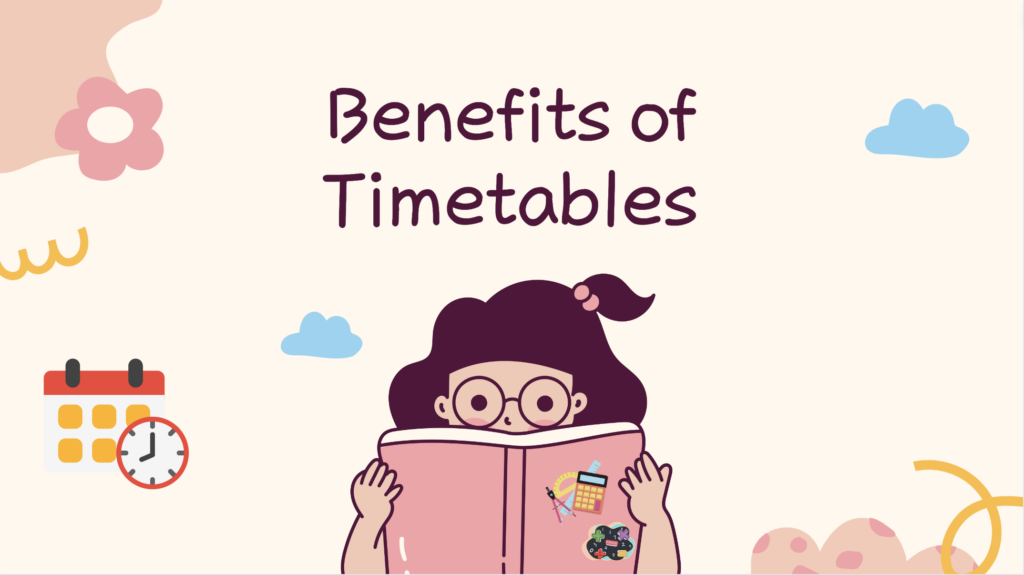How to Help your Child to Focus on Online Class or E-learning
The long closure of schools and other education institutions due to the COVID-19 pandemic has completely disrupted the traditional classroom learning system.
All of a sudden, children all across the country are being asked to accept the e-learning as the sole medium of learning.
All education boards and curriculum making bodies started creating alternative learning calendars. Kids starting receiving assignments and homework digitally!
Surprisingly, smartphones, with various e-learning Apps became the sole platform to ensure kids continue to learn at home.
In a year ridden with the pandemic, e-learning definitely seems to be one of the safest options. Conversely, for children, it can be an overwhelming experience, especially, converting homes into classrooms.
Yet, there are certain things that we all can do to prepare kids for the digital learning set-up. Here are some tips to focus on studies and learn better digitally:
Distraction-Free Environment
Earlier, kids, in age 4-12 years, use to touch mobile phones only for fun or as a distraction. Now that the objective has turned to e-learning, we must assist them to reconsider how they use mobile phones.
The android users can turn off the data for other devices using data settings, or can use the “focus mode” to limit access to certain apps when your kid is learning.
Other than mobile phones, it’s also essential to reduce indoor distractions by offering a proper learning space for your child.
No matter it is the bedroom table or a designated corner of the drawing-room, try to minimalize distractions, so that kids can understand that when they’re in this space, they should focus on their studies only.
Plan a Time-Table
Setting time-table and routines is important with kids.
Have them follow a time-table that includes brushing teeth, combing hairs and changing clothes instead of laying in bed in their pyjamas, which could just lead to lethargy.
Parents can use a calendar, planners and chalkboards etc to keep track of what's happening each day.
Breaks are Must
From libraries to classrooms to playgrounds, schools are built around principles of systematic learning and following proper routine. The major ingredient of that, irrespective of grade, are planned breaks.
The similar environment should be proffered at home, as well.
Schedule breaks, active learning, or lunch and snack breaks, and share a proper time-table when these are going to happen with your child. This way, they can easily ration their entire day, like they would in school.
Learning New Ways of Communication
One should also consider the fact that schools are not just about learning; as kids also learn social skills at schools.
While physically social interactions are on halt, make certain your child is still maintaining these relationships on call or video chats with classmates. Additionally, try teaching your ward using email as a new way of communicating.
Ask your Child’s Teachers
Check-in if your child is facing having difficulty managing the studies at home.
In these tough times, teachers are more than willing to communicate with parents via email or phone to assist children in learning at home.
Parents must save the subject teachers phone numbers and consult them regularly.
Set Reasonable Expectation
Setting up reasonable expectations that are actually achievable is also important.
To keep your ward motivated set some daily goals that your child can actually achieve. For instance, completing just one chapter daily or writing one assignment in the evening etc.
Mix E-learning and Traditional learning ways
Limiting the screen duration is important.
Overuses of mobile or laptop can adversely impact your child’s health. Therefore, it is vital to mix up e-learning with text-book methods.
Parents should encourage children to learn from books. Alternatively, they can even get the print outs done of the study material received digitally.
It’s Not a Vacation
No school sounds like a holiday. However, do not let your children think like they are having some sort of vacation.
It is important to remind your child that no matter what studies have to go on. Learning obligations like homework, tests and grades aren’t going away just because schools are shut.
It is significant that your child has the clarity that it’s a transition phase. Classroom learning has moved online.
Encourage Physical Activity
Physical fitness is not only one of the most important keys to a healthy body, it is the basis of dynamic and creative intellectual activity.” ― John F. Kennedy
Your child will be sitting in front of their computer or mobile for a long duration.
As a parent it also your duty to ensure your child is involved in outdoor activities like a sport, walking the dog, etc — any physical movement helps!
Consult other Parents
In the times of social distancing it is not possible to visit frequently to each other. However via virtual communication, calling or email, parents must consult other parents to know if they’ve found any effective way to assist children in learning.
Do not Compare
Theodore Roosevelt said, “Comparison is the thief of joy.”
Every child is unique in their own way. Therefore, never compare your child with the others, especially with the siblings.
“Look at your elder sister’s marks. She gets full marks in all subjects.” This is how parents generate the comparison trap.
The key is to observe your child’s individual progress. Every child has different skills, interests, personality traits and abilities.
As a parent one should use benchmarks only to track individual progress. “A few weeks ago, you were unable to understand this topic. Now, you have learnt the entire topic. That’s superb progress.”
Every child has a different learning pace. It is important to be patient with your child.



